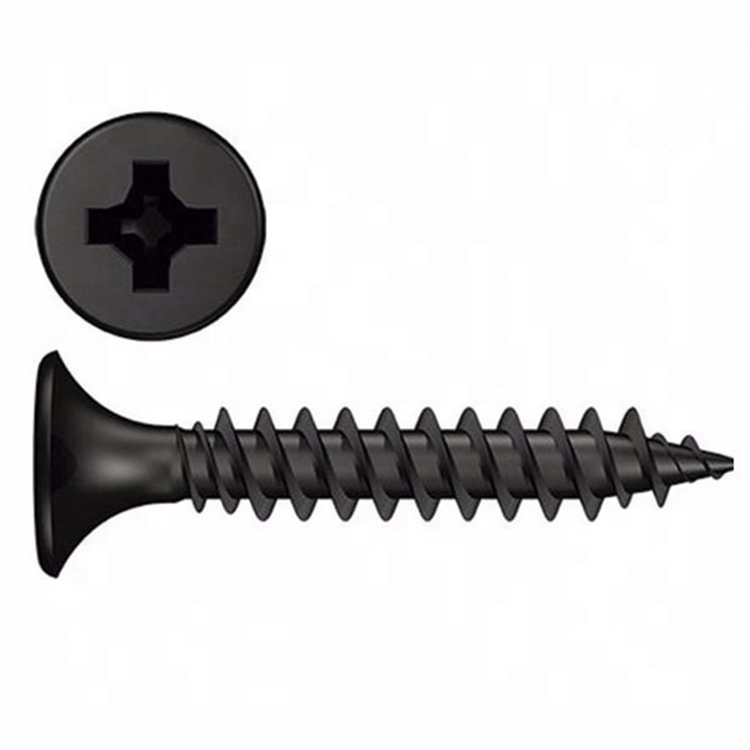Exporters of Durable Heavy-Duty Bolts for Industrial Applications and Construction Needs
Nov . 16, 2024 21:37 Back to list
Exporters of Durable Heavy-Duty Bolts for Industrial Applications and Construction Needs
Heavy Duty Bolts Exporters A Growing Industry
The global construction and manufacturing sectors have seen a significant rise in demand for heavy-duty bolts, leading to an expanding market for exporters in this specialized niche. Heavy-duty bolts are designed to withstand substantial loads and are essential in various applications, including construction, automotive, and industrial machinery. As industries evolve and expand, the need for durable and reliable fastening solutions has become increasingly critical, positioning heavy-duty bolt exporters as key players in the global marketplace.
Heavy Duty Bolts Exporters A Growing Industry
Exporting heavy-duty bolts requires a deep understanding of both the product and the market. Exporters must comply with international standards and regulations concerning quality, safety, and performance. Certifications such as ISO and ASTM are crucial for gaining trust and ensuring that the products meet the expected standards. Additionally, maintaining a robust supply chain is essential. Exporters must work closely with manufacturers to ensure that products are produced to specification and delivered on time to meet the demands of clients overseas.
heavy duty bolts exporters

One of the challenges faced by heavy-duty bolts exporters is the fluctuating prices of raw materials. Since these products are heavily reliant on steel, any changes in the price of steel can significantly affect profit margins. Exporters must be agile and ready to negotiate and adjust pricing with their clients to remain competitive in the market. Moreover, logistical challenges, especially during international shipping, can lead to delays and additional costs. Therefore, a well-thought-out logistics strategy is crucial for timely delivery and customer satisfaction.
In recent years, technological advancements have also played a vital role in reshaping the heavy-duty bolt exporting landscape. Innovations in manufacturing processes, such as automation and enhanced quality control measures, have allowed exporters to produce high-quality bolts more efficiently. Furthermore, the adoption of digital platforms for marketing and sales has enabled exporters to reach a broader audience, facilitating easier transactions and better customer engagement.
Sustainability is another growing concern among heavy-duty bolt manufacturers and exporters. As environmental regulations tighten, more companies are looking to minimize their carbon footprint, recycling materials and reducing waste in their production processes. Exporters that adopt sustainable practices not only comply with regulations but also appeal to eco-conscious consumers who prefer to do business with responsible companies.
In conclusion, the market for heavy-duty bolts and their exporters is thriving, driven by increasing global demand across multiple industries. While challenges such as raw material costs and logistical issues persist, the opportunities for growth are vast. By focusing on quality, adapting to technological advancements, and embracing sustainable practices, heavy-duty bolt exporters can thrive in this competitive landscape, playing an essential role in supporting global infrastructure and manufacturing needs.
Latest news
-
Premium Phosphated Drywall Screws Supplier | Durable, Rust-Resistant
NewsAug.27,2025
-
Reliable Wire Bolts Suppliers | Quality Zinc Plated Fasteners
NewsAug.26,2025
-
Wire Bolts Suppliers: Durable & Reliable Fasteners for Every Project
NewsAug.25,2025
-
Premium Cabinet Bolts Supplier | Wholesale & Custom Solutions
NewsAug.24,2025
-
Reliable Axle Nuts Supplier | Quality & Precision Fasteners
NewsAug.23,2025
-
Durable Bolts for Lawn Mower Handle - Top Supplier & Manufacturer
NewsAug.22,2025
